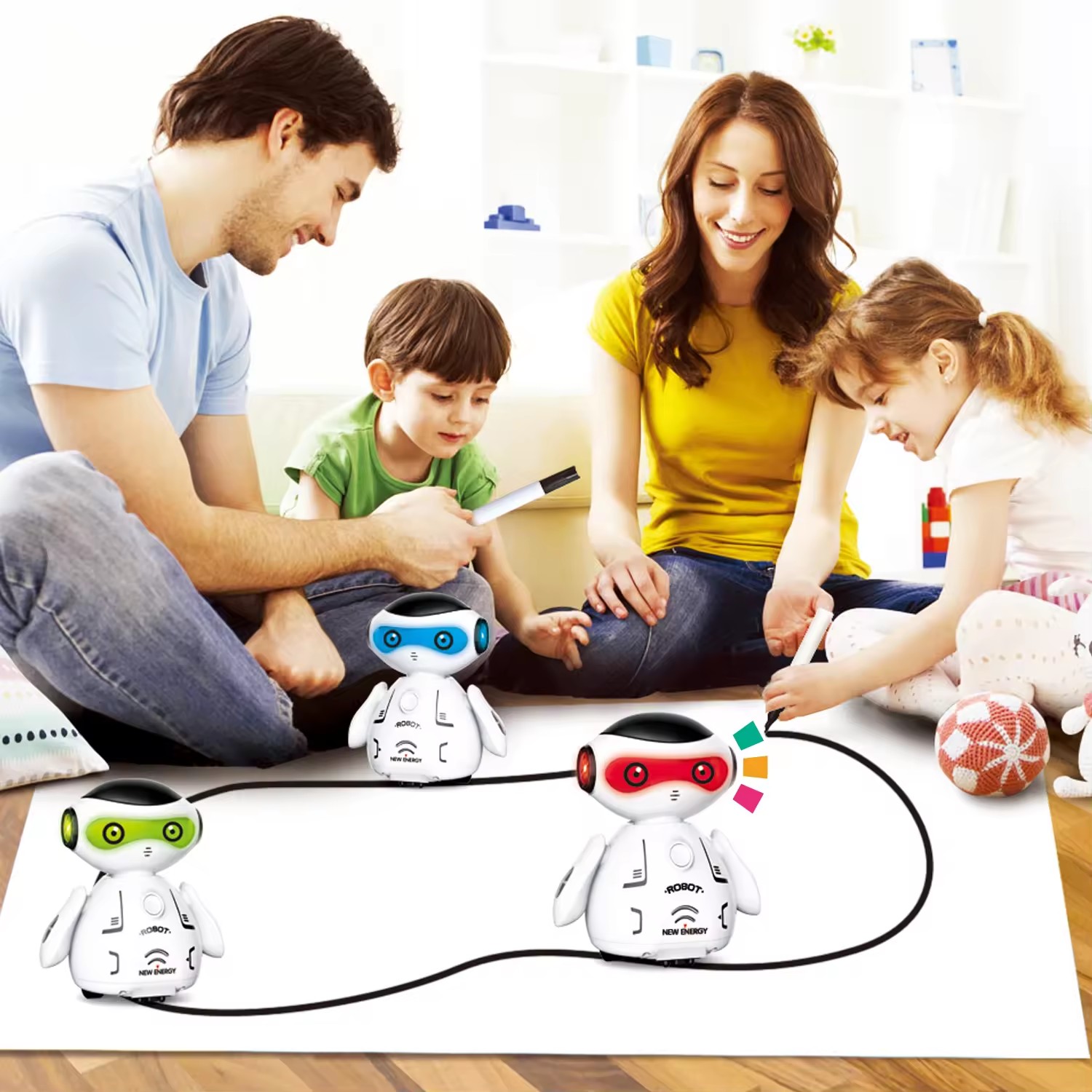Introduction:
In today's fast-paced world, parents are often caught up in the hustle and bustle of daily life, leaving little time for quality interactions with their children. However, research shows that parent-child interaction is crucial for a child's development and overall well-being. Toys, when used appropriately, can serve as an excellent medium for fostering this important bond. In this article, we will explore the significance of parent-child interaction through toys and provide tips on how to make the most out of this valuable time.
The Importance of Parent-Child Interaction:
Parent-child interaction is essential for a child's emotional, social, and cognitive development. It helps children feel loved, secure, and valued, which are critical factors in their self-esteem and future relationships. Additionally, positive interactions with parents can improve a child's communication skills, empathy, and ability to regulate emotions. By engaging in play with their children, parents can create opportunities for learning, exploration, and connection.


Toys as a Medium for Parent-Child Interaction:
Toys are more than just objects for entertainment; they can be powerful tools for promoting parent-child interaction. When parents participate in play with their children, they provide guidance, support, and encouragement while also having fun together. This shared experience not only strengthens their bond but also allows parents to understand their child's interests, preferences, and developmental progress better.
Tips for Enhancing Parent-Child Interaction through Toys:
1. Choose age-appropriate toys: Select toys that are suitable for your child's age and developmental stage. This ensures that your child can engage with the toy safely and effectively.
2. Participate actively: Don't just hand your child a toy and walk away. Instead, get involved in the play by sitting down beside them or joining in the game. This active participation shows your child that you are interested in their activities and values their company.
3. Encourage imaginative play: Imaginative play is an excellent way to foster creativity, problem-solving skills, and language development. Provide your child with open-ended toys like blocks, dolls, or dress-up clothes, and encourage them to create their own stories and scenarios.
4. Follow your child's lead: Let your child take the lead in playtime. Observe their interests and preferences, and offer toys that align with those interests. This shows your child that you respect their choices and supports their autonomy.
5. Set aside dedicated playtime: Carve out regular periods of uninterrupted time specifically for playing with your child. This consistent schedule helps establish a routine and ensures that your child has quality time with you.
6. Use toys to teach life skills: Toys can be used to teach essential life skills such as sharing, cooperation, and empathy. For example, board games can teach turn-taking and sportsmanship, while dolls or action figures can help children understand emotions and social situations.
7. Make it a family affair: Involve other family members in playtime, such as siblings or grandparents. This not only expands the circle of love and support around your child but also teaches them about family connections and traditions.
Conclusion:
Parent-child interaction is vital for a child's growth and development, and toys can serve as an excellent medium for fostering this bond. By choosing appropriate toys, participating actively in playtime, and following these tips, parents can create meaningful connections with their children while having fun together. Remember, the power of toys lies not in the toys themselves but in the interactions and memories created during playtime. So go ahead, grab a toy, and enjoy some quality time with your little one!
Post time: Jun-17-2024



